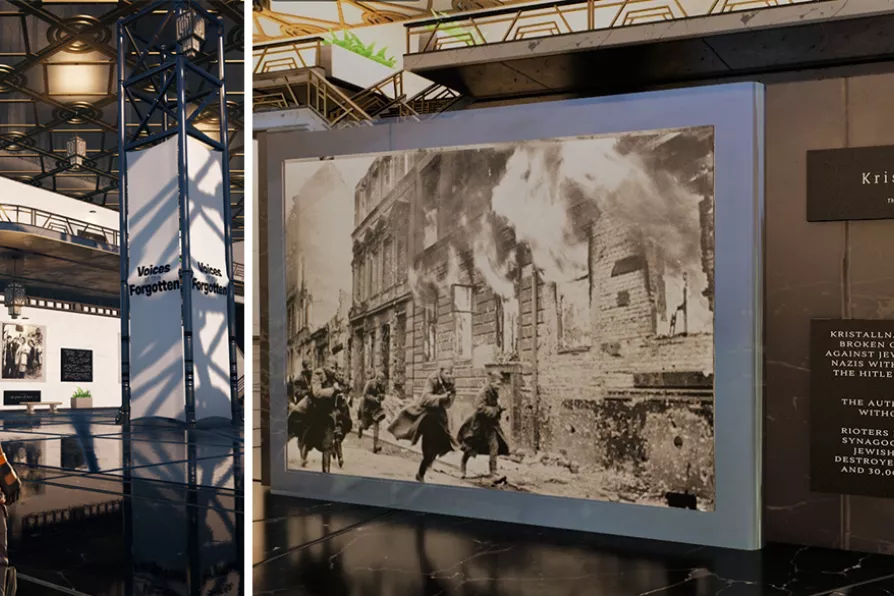Releases from Rahsaan Roland Kirk, Maggie Nicols/Robert Mitchell/Alya Al Sultani, and Gordon Beck Trio and Quintet

 PROBLEMATIC HISTORY: The virtual Holocaust Museum in the popular game Fortnite
[Epic Games]
PROBLEMATIC HISTORY: The virtual Holocaust Museum in the popular game Fortnite
[Epic Games]
REALITY is changing – faster now than ever.
The spectre of the metaverse is looming large and the age of the quantum computer is right around the corner. Developments in artificial intelligence are yesterday’s news. Simulated experiences in virtual and augmented environments, where real and digitally generated content are combined, are altering the very fabric of our existence.
And it really is happening. Our museums, galleries, and cultural institutions are moving online. Video games are disseminating history. Battle lines are being drawn and a new class struggle is unfolding in worlds of wire.

SCOTT ALSWORTH searches for something – anything – worth recommending from the year’s releases

Still Wakes The Deep deserves its three Baftas for superlative survival horror game thrills, argues THOMAS HAINEY












